The story happens in Fuenteovejuna, a small village located in Ciudad Real, in the south of Castilla–La Mancha, Spain, in 1476.

The Commander of Fuenteovejuna, Fernan Gomez de Guzman, represents power and injustice.
Continuously, he abuses of his authority, humiliating everybody and harming the women on the village.
His wickedness is evident in the way he acts in his day a day.
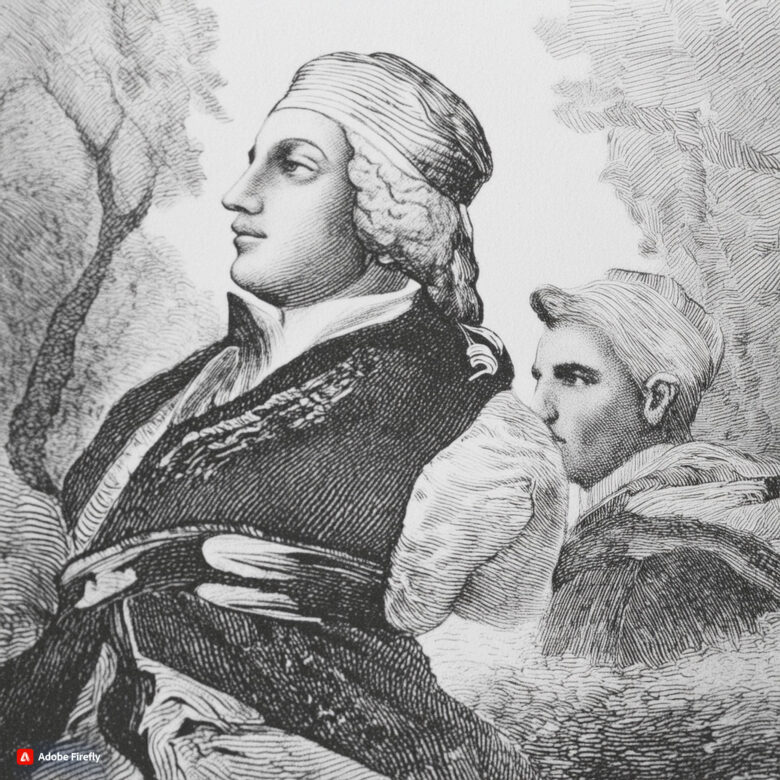
Esteban is the mayor, and the way he rules represents justice and loyalty.
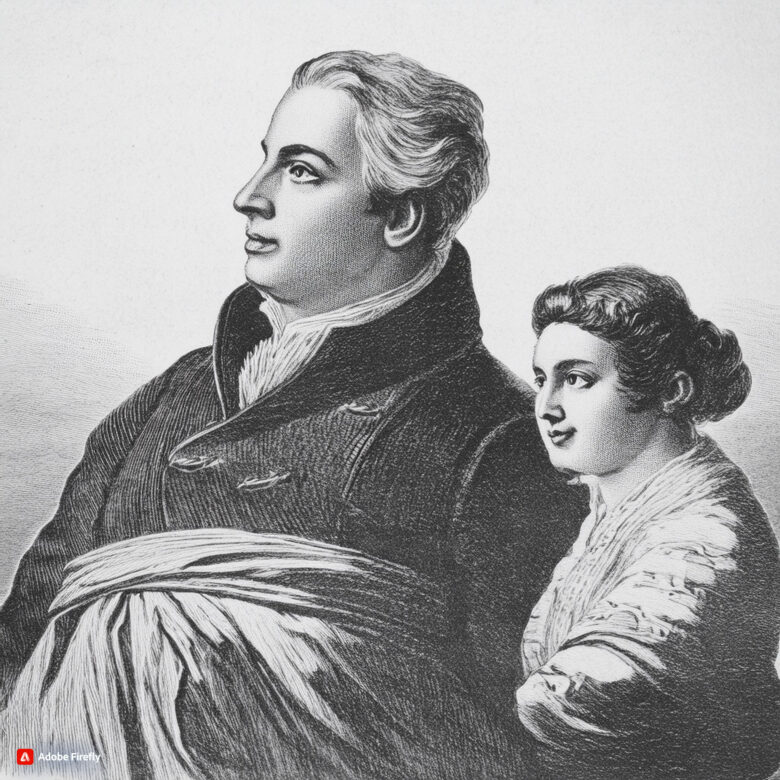
Laurencia represents the fight against oppression, personal honor, and dignity. She also symbolizes female empowerment and the ability to resist injustice.
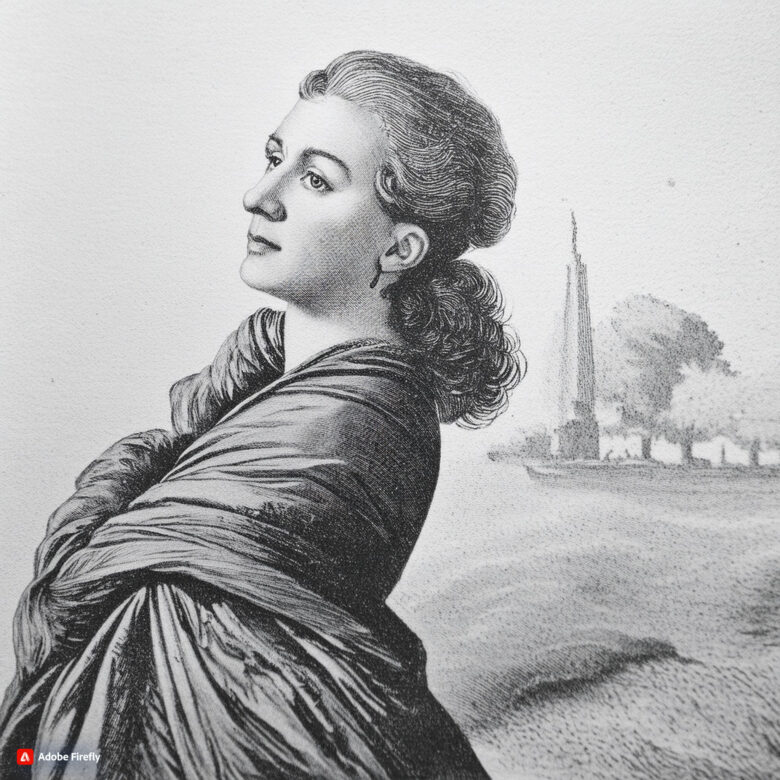
Frondoso is Laurencia’s groom to be and represents loyalty, bravery, and love.
He also symbolizes protection and sacrifice for the well-being of the community.
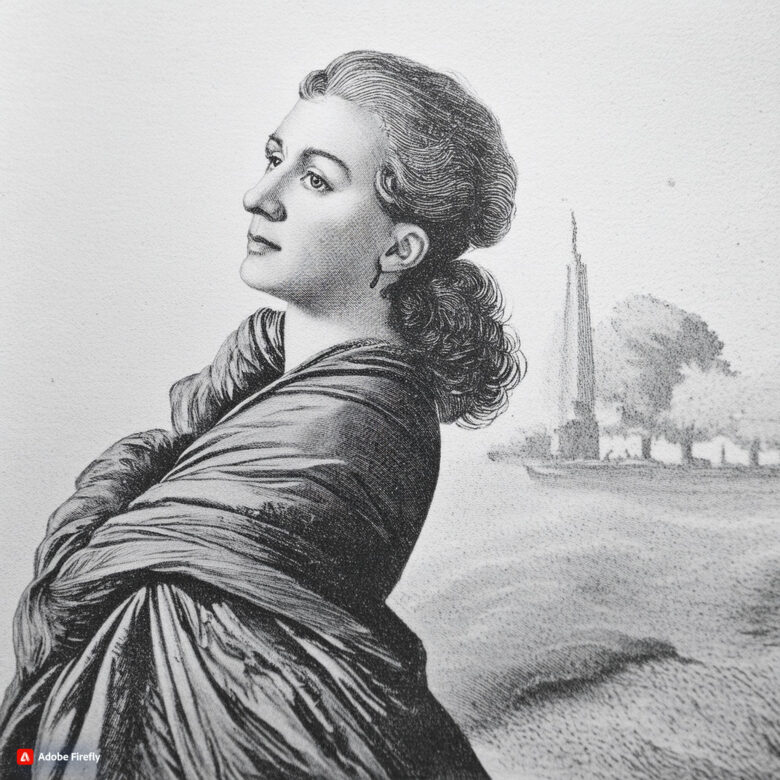
Frondoso is Laurencia’s groom-to-be and represents loyalty, bravery, and love.
He also symbolizes protection and sacrifice for the well-being of the community.
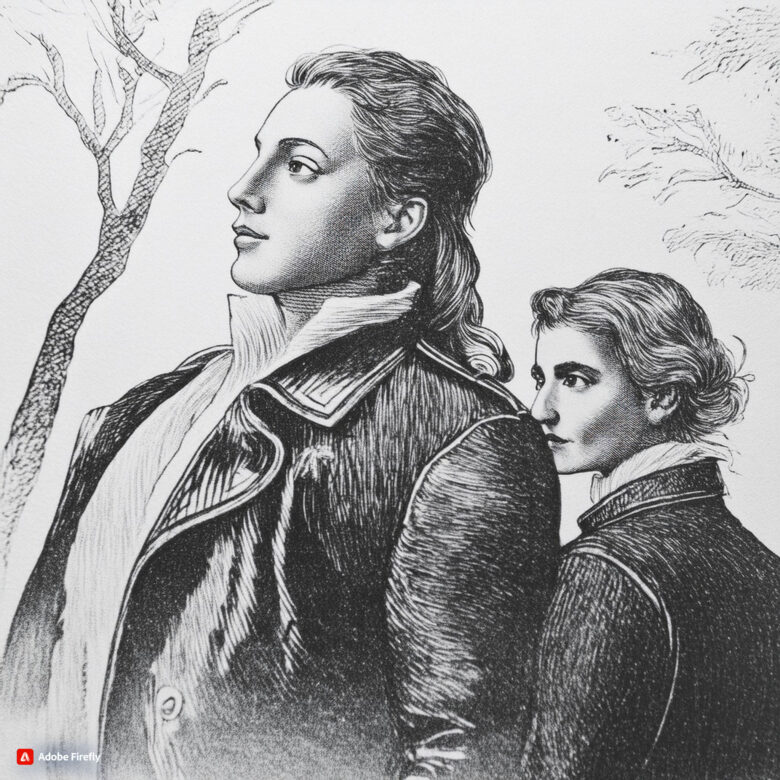
Mengo is a loyal servant of Laurencia
He represents loyalty, courage, and the common people’s willingness to fight for justice and protect their own.
At their wedding, the Commander attempts to harm Laurencia. When he tries to abuse his power over her for a second time, Laurencia’s steadfastness in the face of the Commander’s tyranny inspires the villagers to unite and fight back against his abuse of power.
Faced with continuous injustices, they decide to face the Commander to stop his tyranny.
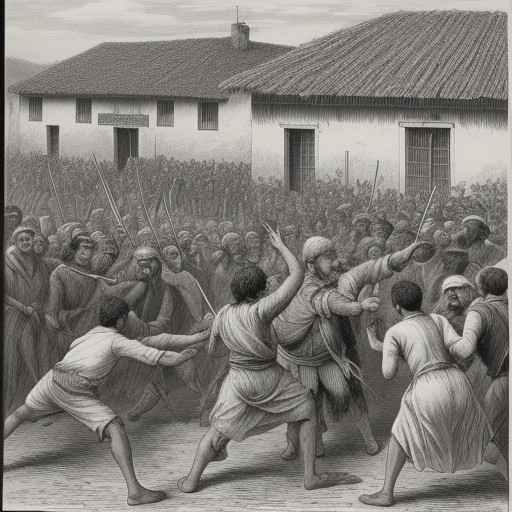
Flores and Ortuño are the Commander’s servants.
At first, they try to be loyal to him, but later they help to show his evil deeds and abuse of power
The Commander is killed by the villagers. In response, the Catholic Kings send a judge to investigate the crime.
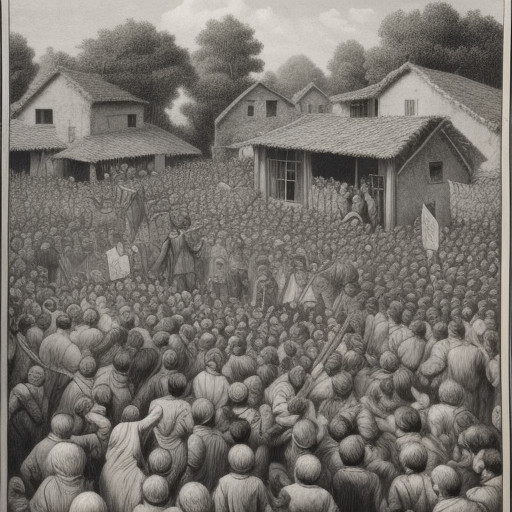
But the village stays united and always says the same thing: “Fuenteovejuna did it.”
It is impossible to find one guilty person, so the Catholic Kings forgive the village.
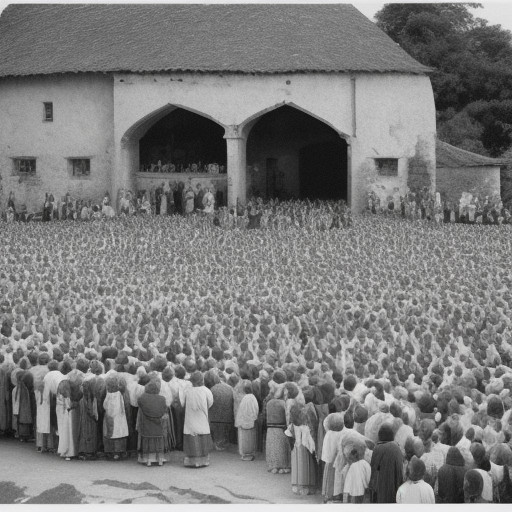
At the end, Laurencia does not receive a formal or material reward at the end of the play. However, her courage and leadership in the rebellion against the Commander are recognized by the people.
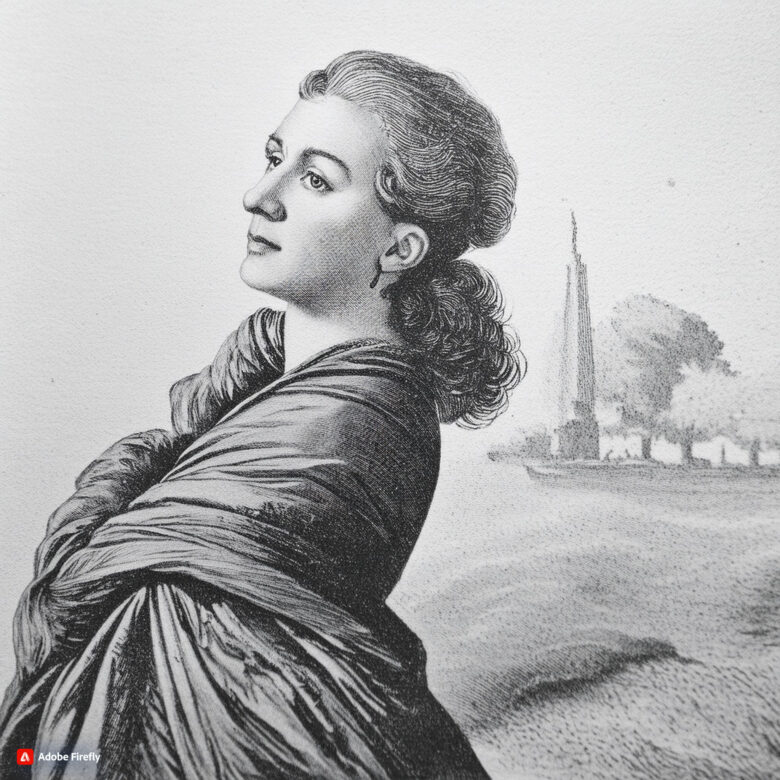
The fact that everyone takes responsibility for the crime reflects an idea of justice that does not depend on individuals, but on the community as a whole. By being forgiven by the Catholic Monarchs, the village gains recognition for their fight against injustice and tyranny.
